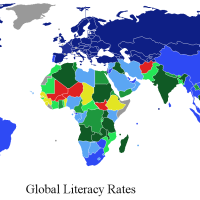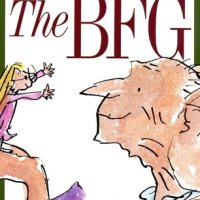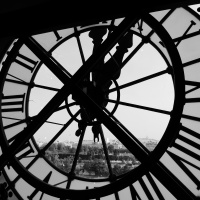If you’ve been following me, you know I’m only reading women authors during December.
And last week, I spent a whole day trying to get over Wild.
This is not normal for me. I mean, a book’s ending is always a goodbye. There’s that tumult of excitement at seeing the last few pages slip by; that rush of sorrow at the journey ending; the bewilderment at the prospect of closing the book and moving on with impossibly mundane things like taking out the rubbish or washing the past few days’ worth of coffee mugs.
But then I move on.
Except I didn’t with Wild. After a few days, I had to force myself to begin the next book on my list, but my heart remained caught up in a tangle of words strung along a mountain trail on the West Coast.
It moved me deeply. I felt a strange closeness while reading it–an illogical closeness, because the author and I have almost nothing in common–and yet I, too, have said goodbye, overcome fear, and learned to forgive, so really, I suppose, we have everything in common. None of the experiences, but all of the emotions.
Wild touched my soul because I let it. I’ve always analysed everything, perhaps afraid that if I don’t filter to catch perspectives I disagree with, I might change without knowing it–that I might become someone I don’t want to be, unconsciously. So when I take in someone else’s words, I weigh and judge them.
But this time, I didn’t weigh. I didn’t judge. I let the words flow through me; I let them be. Instead agreeing or disagreeing, I listened. I let her tell her story. I let it all be true.
I will never be the same at the end of a book; this is the nature of stories and the nature of life. To remain unchanged is to stagnate. I lose nothing and gain everything by allowing another writer to tell a story as honestly as she can. I lose nothing by reading vulnerably, and I gain everything by letting her discoveries be true. It’s not my place to agree or disagree. It’s not my story.
And somehow, by letting it be her story, not mine, by letting her experiences and insights be valid, I let it became my story, too. Somehow, I found my own peace at the end of her trail. And that, after all, is what stories are for.










